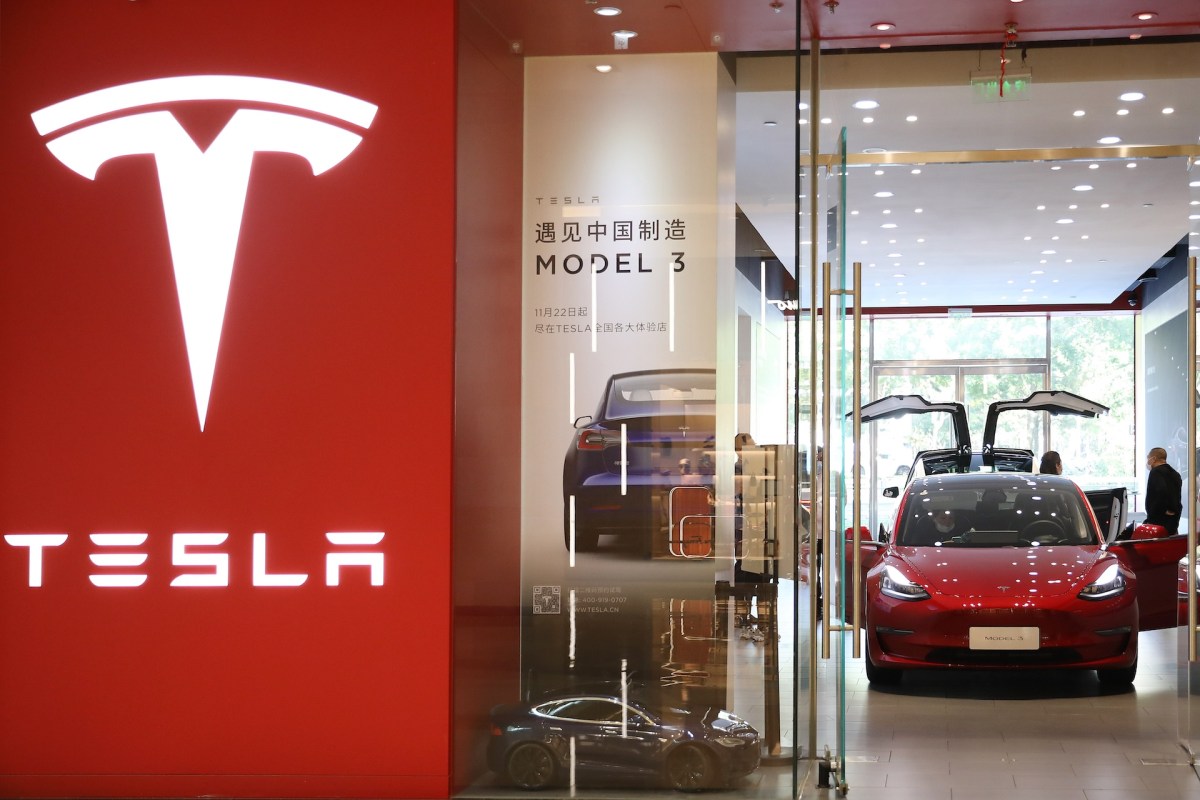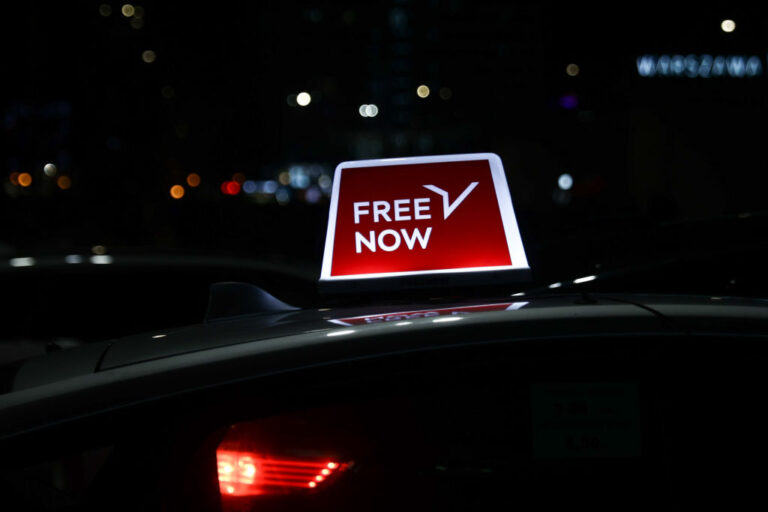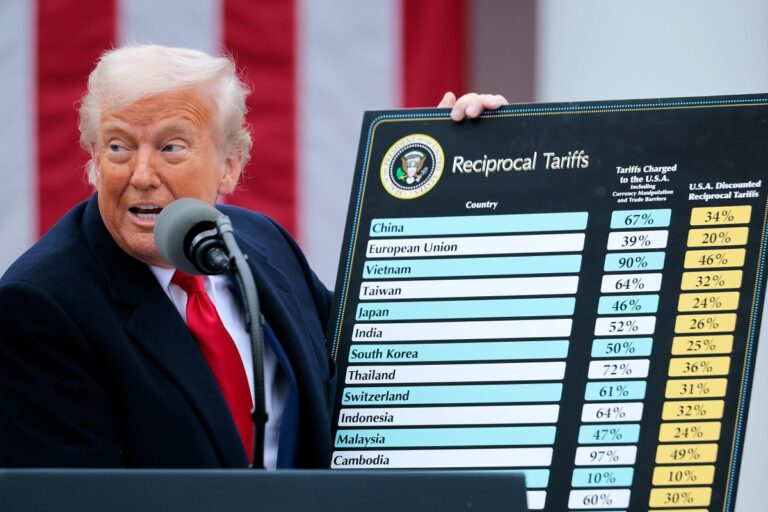China Bans ‘Autonomous Driving’ Claims in Car Ads: What Automakers Need to Know
China is implementing new regulations that significantly impact how automakers market their driver-assistance technologies. The government has banned terminology such as “autonomous driving,” “self-driving,” and “smart driving,” according to a report by Reuters. This decision underscores the importance of accurate representation of automotive technologies.
New Regulations for Automakers
The updated guidelines aim to strengthen vehicle safety and ensure that consumers are not misled by advertising claims. As part of these regulations:
- Automakers are prohibited from using terms like “autonomous driving” and “self-driving” in their marketing materials.
- Improvements to advanced driver-assistance systems (ADAS) can no longer be rolled out via software updates without prior government approval.
Impact on Vehicle Software Updates
Wireless software updates have become a vital feature for automakers, allowing them to enhance vehicle performance and fix issues remotely. This capability, popularized by Tesla, is now under scrutiny as the new mandate restricts its application:
- Automakers must test any upgrades or new features for ADAS before they can be deployed.
- Government approval is now a prerequisite for all software updates related to driver-assistance technologies.
Concerns Over Safety and Recent Incidents
The push for stricter advertising regulations comes amid rising safety concerns. Recent incidents, including a fire involving a Xiaomi Su7 sedan that crashed shortly after a driver took over control from the ADAS, have raised alarms about the reliability of these systems.
Tesla’s Branding Changes
The regulations also coincide with Tesla’s controversial marketing of its “Full Self-Driving” (FSD) software. While Tesla’s FSD offers advanced driver-assistance capabilities, it is not an autonomous system, and human supervision is required at all times. In response to regulatory pressure, Tesla has rebranded its FSD in China to “Intelligent Assisted Driving.”
Conclusion
As China tightens its grip on the automotive industry’s advertising practices, automakers must navigate these new rules carefully. Ensuring clear communication about the capabilities of driver-assistance features is crucial for maintaining consumer trust and enhancing road safety.
For more information on automotive trends and regulations, visit our Automotive News page.







